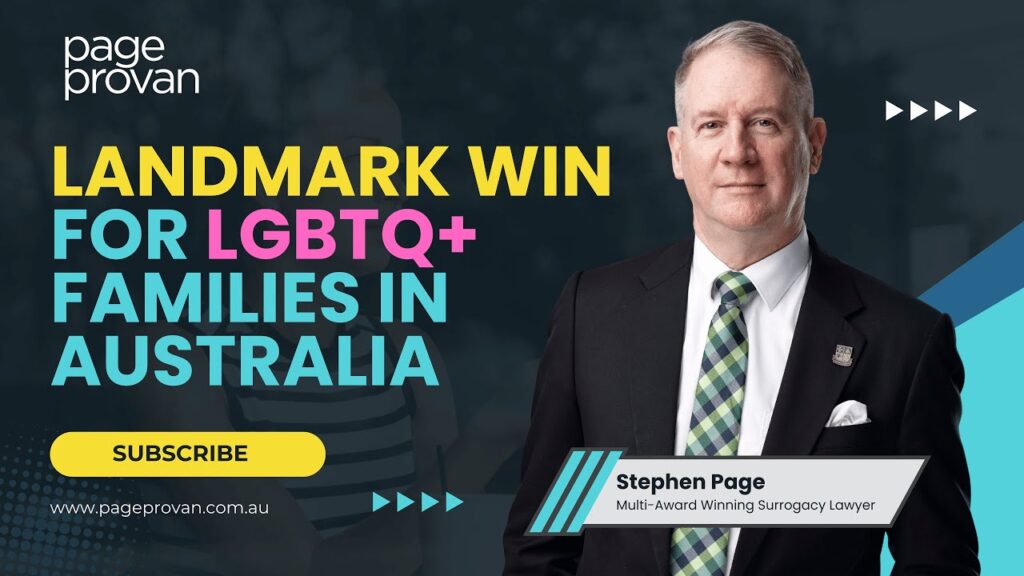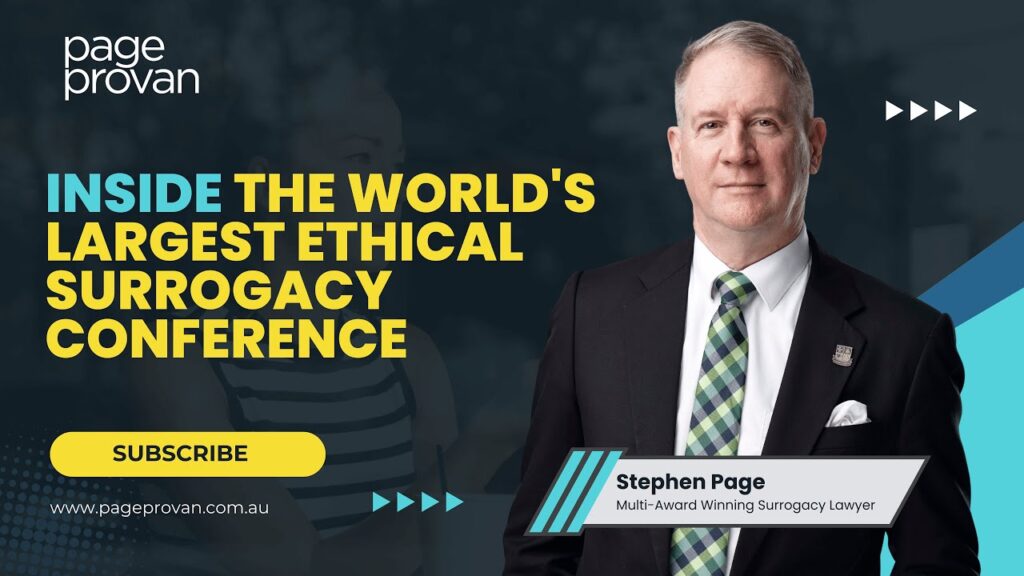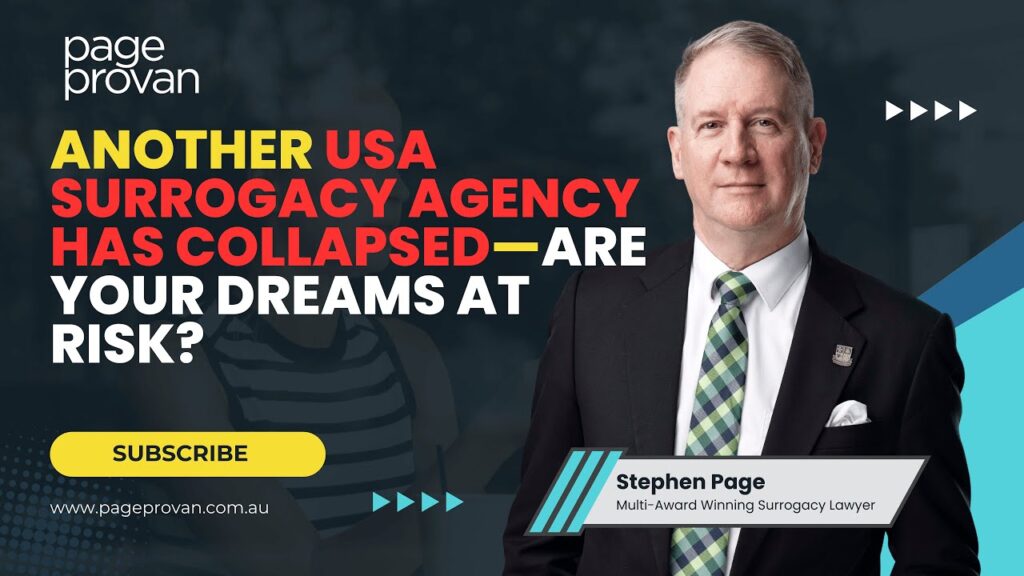Protecting children on the APY Lands
Protecting children on the APY Lands
The Australian Government will immediately commit more than $19 million as part of a new partnership with the South Australian Government to protect children from abuse on the Anangu Pitjantjatjara Yankunytjatjara (APY) Lands.
The shocking plight of young children revealed by the Mullighan Inquiry into child sexual abuse in the APY Lands demands immediate and urgent action by the South Australian and Australian Governments to protect children.
Commissioner Mullighan’s report is a harrowing account of the terrible levels of child sexual abuse apparently accepted as part of life in these remote communities.
The Inquiry found that 141 children were suspected of being sexually abused on the Lands. Some were under the age of 10. Young girls were reported as accepting that abuse was inevitable and resistance was futile. In recent years there has been an alarming increase in abuse and sexually transmitted diseases.
The Australian Government has committed to work with the South Australian Government to protect the children of the APY lands by strengthening the police presence, increasing the numbers of child protection workers and providing safe accommodation.
The South Australian Government will post eight extra police and five more child protection workers in these communities and introduce new measures to restrict pornography.
The Australian Government will provide $15 million for a third police station and accommodation for 13 extra police officers and child protection workers. This is in addition to the existing commitment of $7.5 million over two years to strengthen law and order by constructing two police stations and accommodation at Amata and Ernabella.
The Minister for Home Affairs, Bob Debus, has asked the Australian Crime Commission to consider the findings of the Mullighan report and make recommendations for action to its Board. This will be done in the context of its work in leading the National Indigenous Intelligence Task Force.
Urgent action will be taken to protect children living in these destructive communities where drug and alcohol-fuelled violence, neglect and abuse are rife. All possible measures will be taken to crack down on the movement of illegal alcohol and drugs and the distribution of pornography.
Substantial levels of under-reporting of abuse were underscored by the fact that not one victim made a submission to the Inquiry indicating a climate of fear, intimidation and resignation that abuse is a part of life.
There is a pervading sense of powerlessness and hopelessness in these communities; sexual abuse of children has now become cyclical with those who have been abused as children going on to become abusers.
As well as the $15 million to station police permanently on the Lands, the Australian Government is providing:
$2.8 million for 30 additional places for secondary students in the APY Lands to go to the successful Wiltja Residential Program, linked to Woodville High School in Adelaide.
$1.3 million over three years to APY Lands under the Personal Helpers and Mentors Program which will aid the recovery of people severely affected by mental illness, and help connect them to essential services.
The Australian Government will work with the South Australian Government to urgently progress the $25 million committed to new housing and upgrades to housing on the APY Lands. The South Australian Government has been asked to negotiate leases for these houses as a priority.
Under the Family Violence Partnership Program, $768,000 is being provided in a joint initiative with the South Australian State Government to establish a safe house in Coober Pedy to help women and children who are at risk from domestic and family violence.
The Australian Government has agreed to participate in a taskforce to formulate further measures to the Inquiry to protect children.
We will also begin discussions with the South Australian Government on welfare reform in the APY Lands as another measure to protect children identified as being at risk.
Source: Ministerial Media Release












